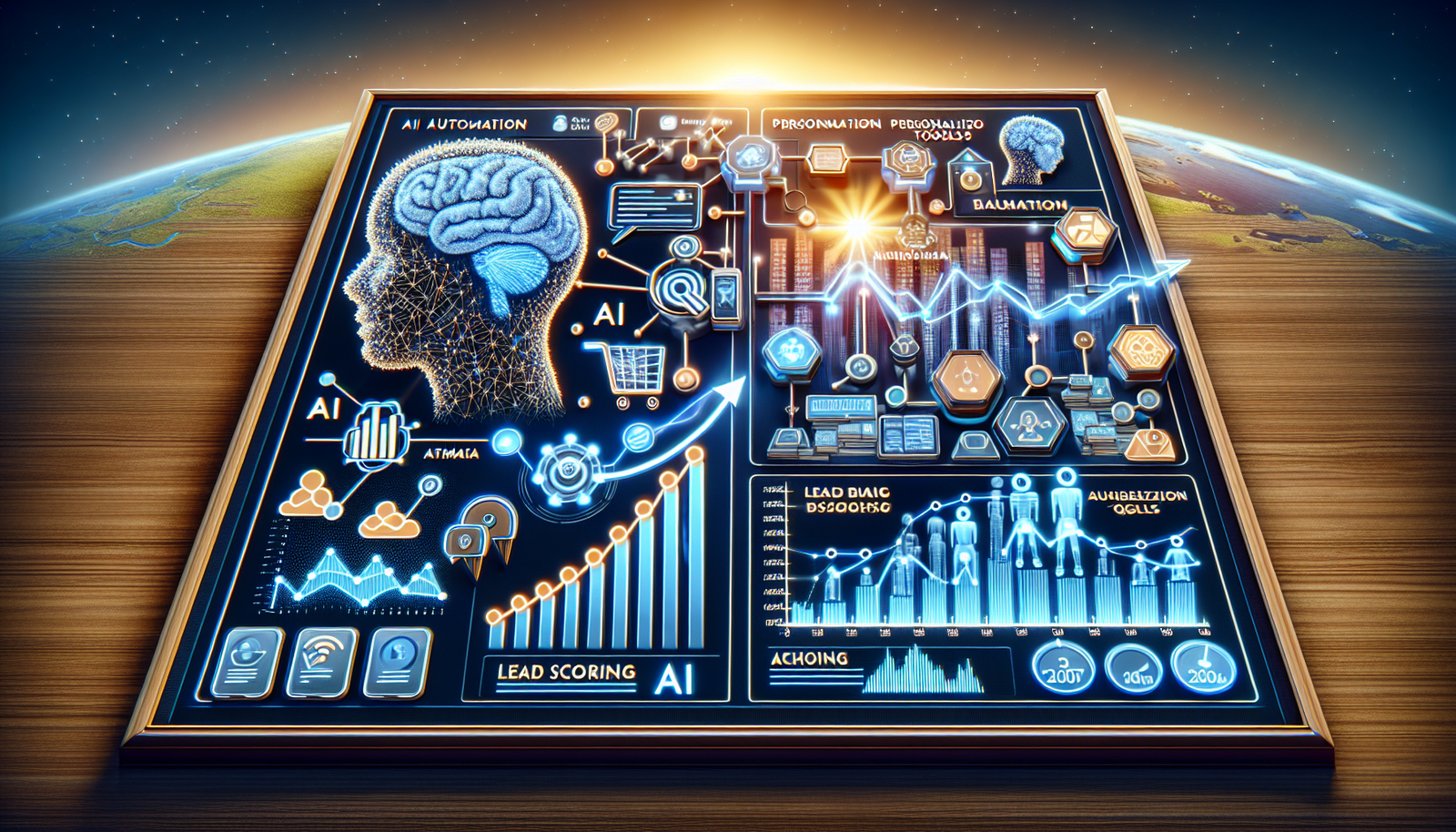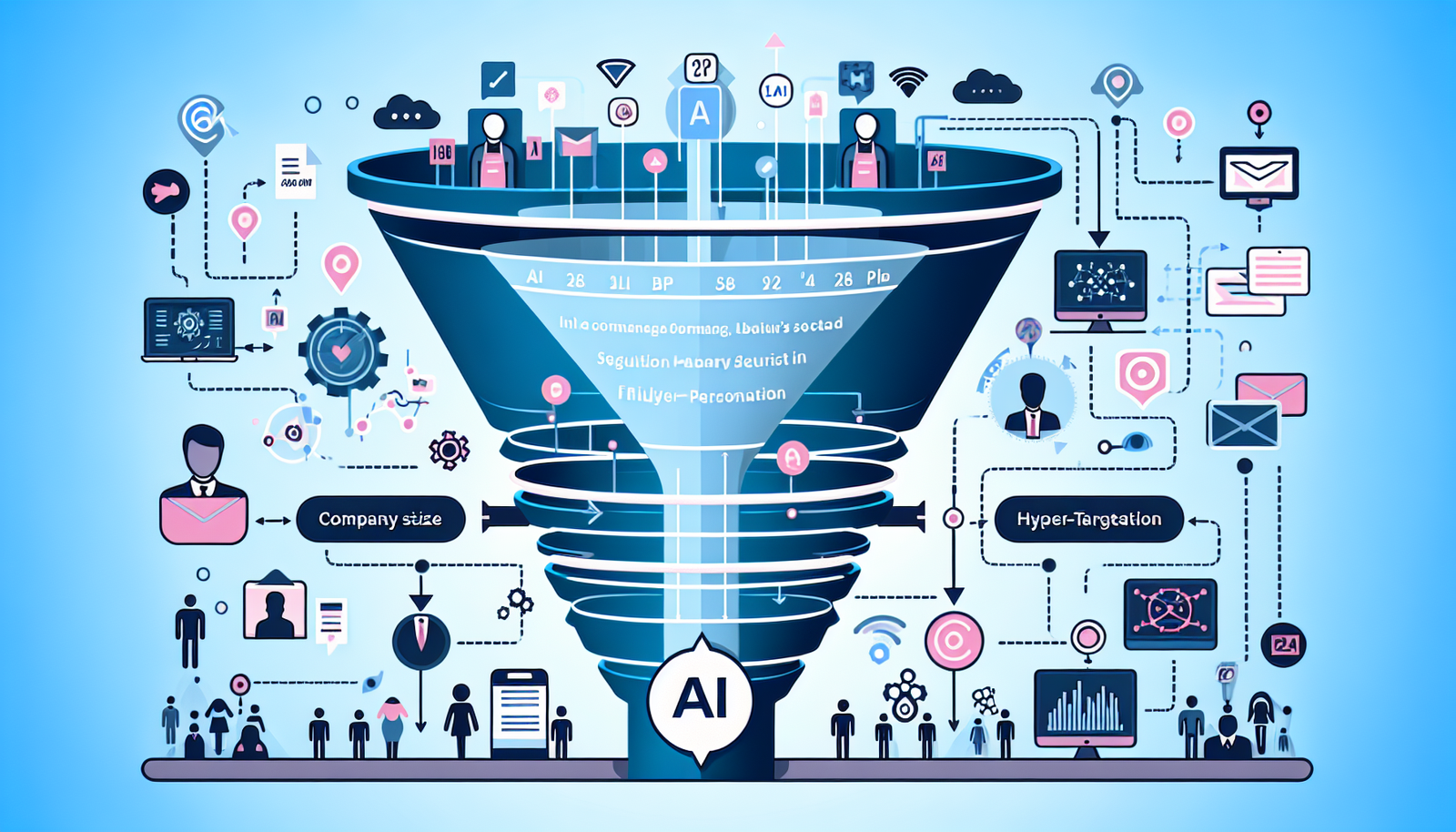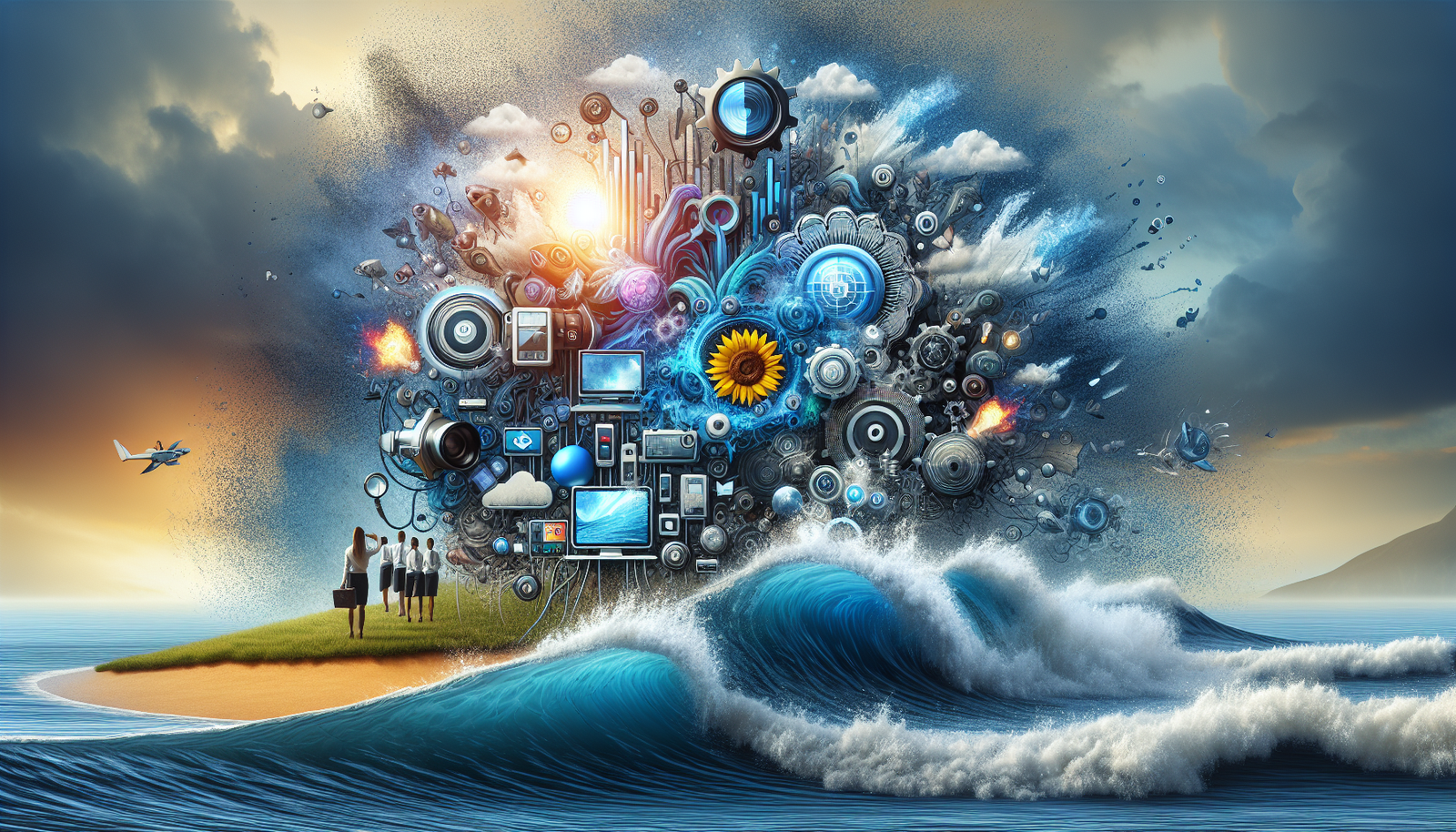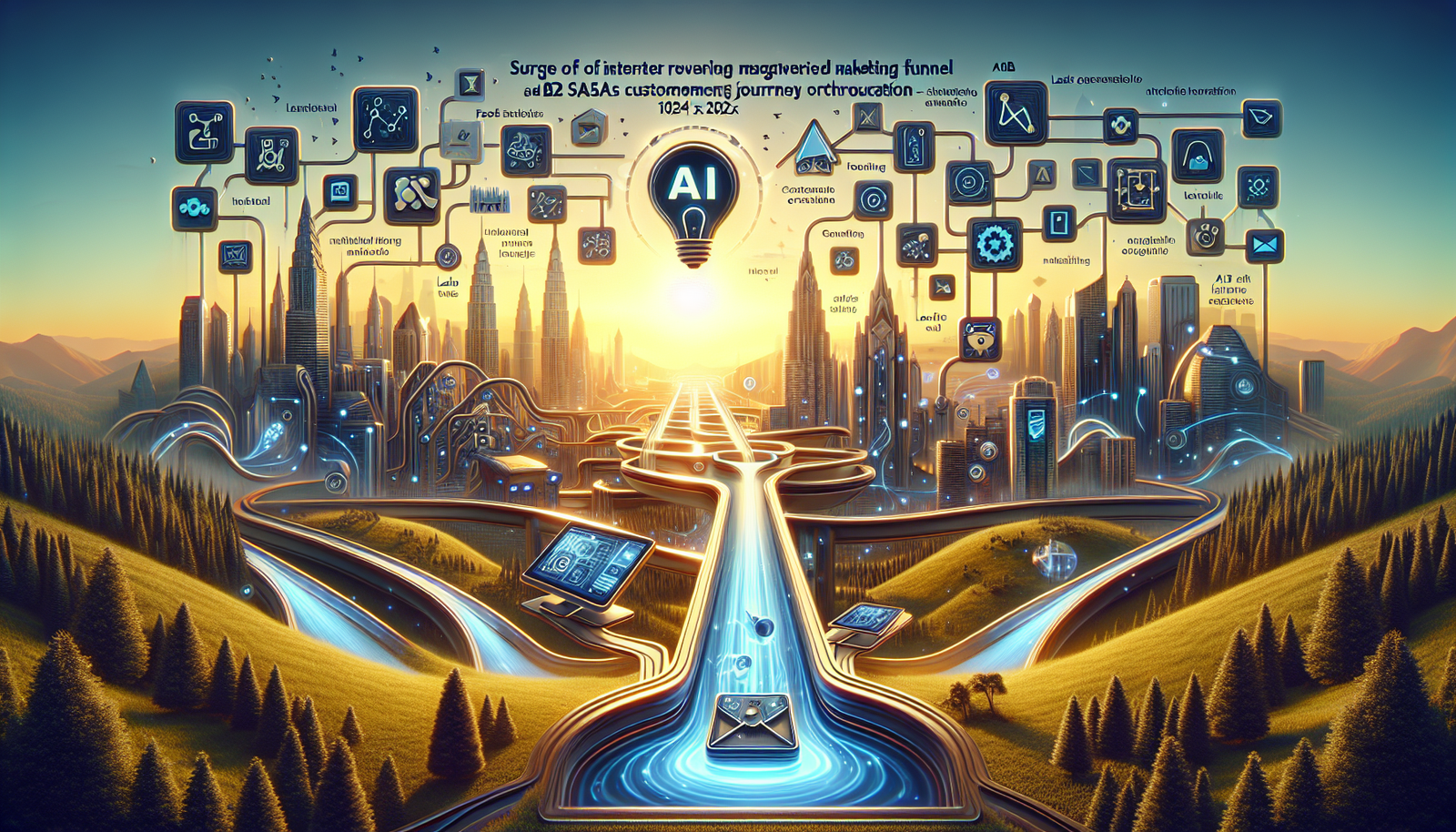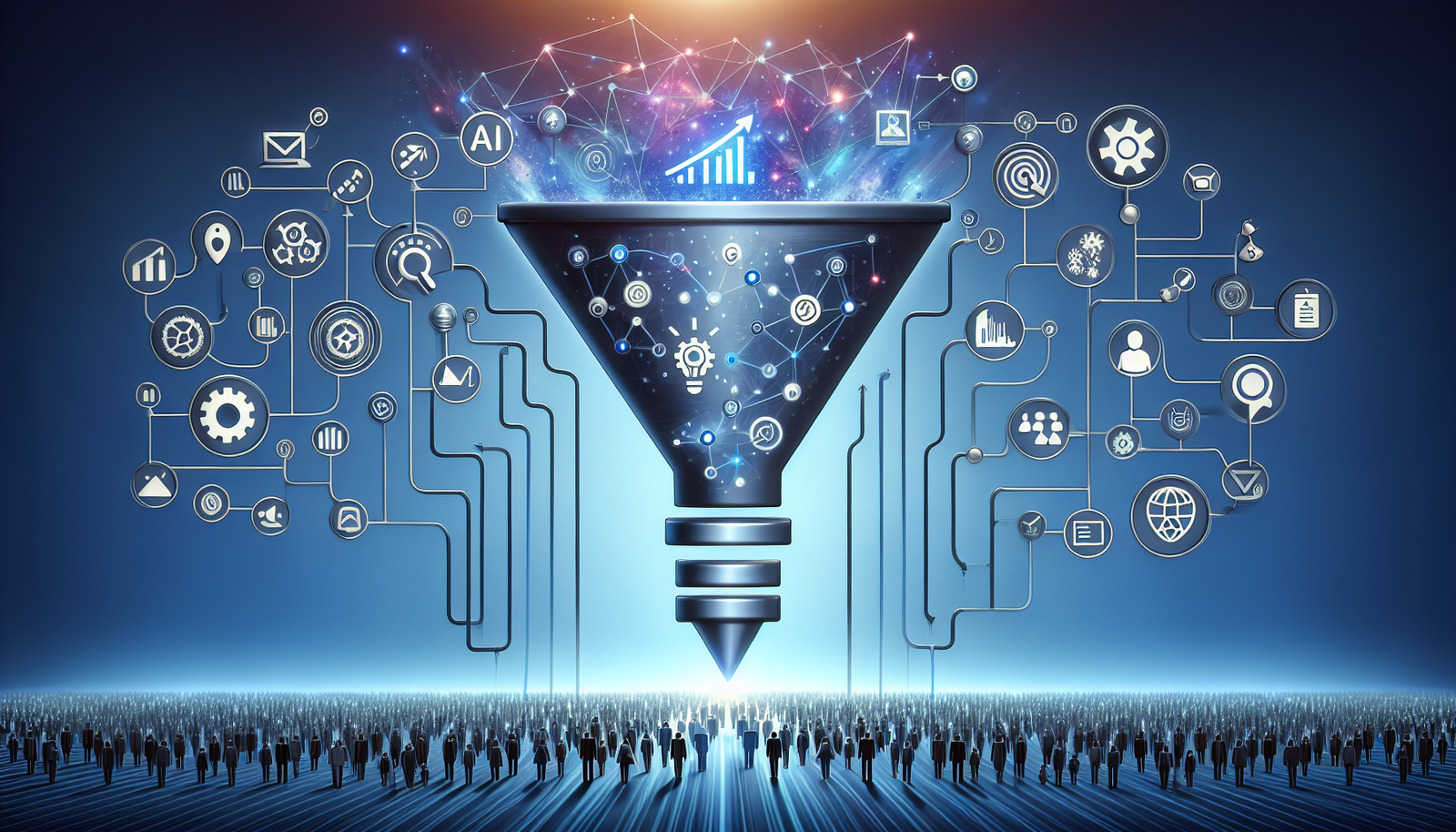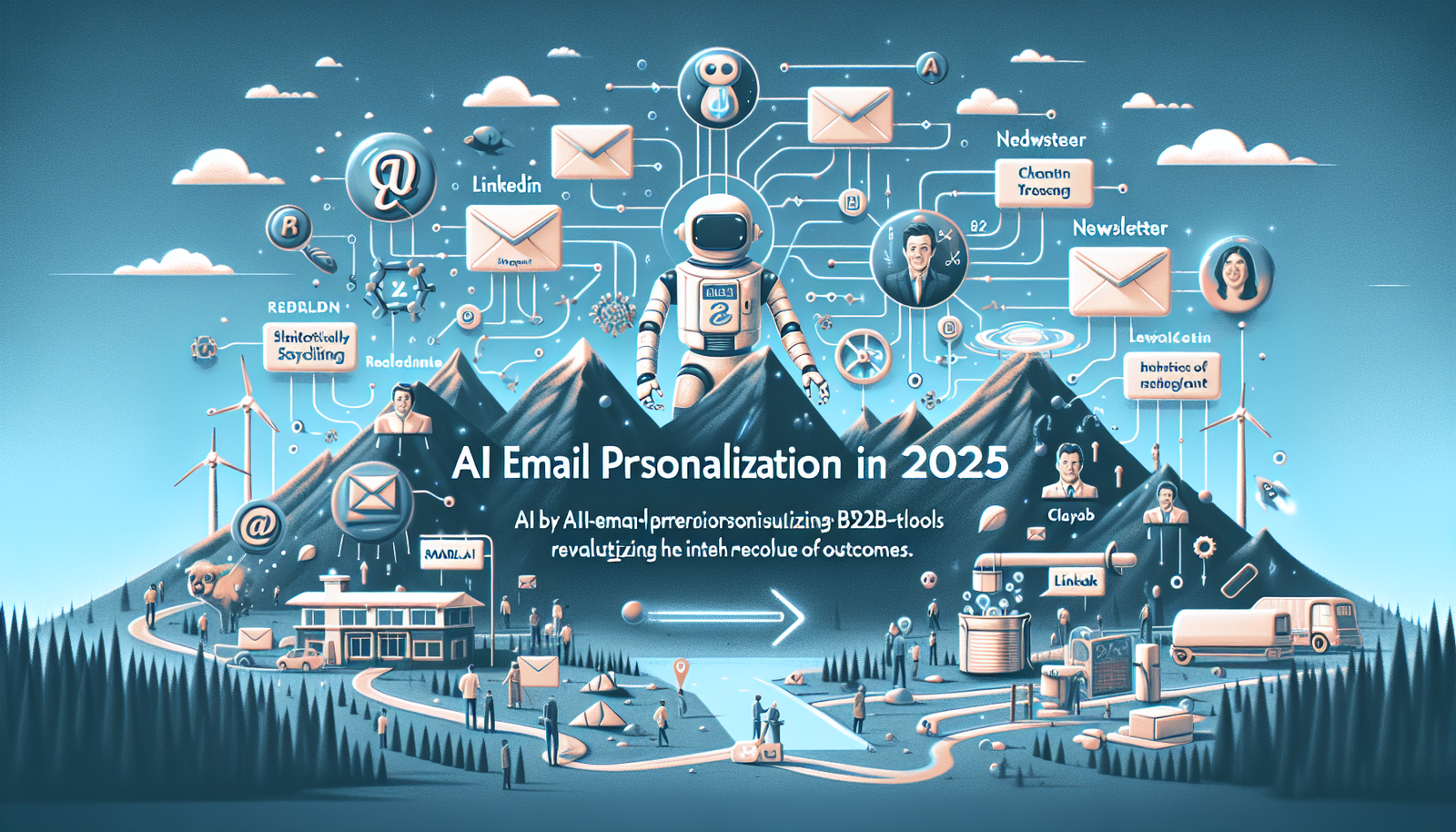Introduction: Why B2B Personalization Needs AI in 2025
In 2025, AI-driven personalization is no longer a luxury—it’s a B2B marketing imperative. As buyers expect more relevant, timely, and tailored experiences, businesses are turning to AI tools to automate and scale personalization. According to Gartner, 80% of B2B companies are increasing AI investments, with personalization identified as a leading use case. But with dozens of platforms promising intelligent targeting, how can marketers choose the best fit?
Key Factors in Choosing a B2B AI Personalization Tool
Data Integration and CRM Compatibility
Top-performing AI tools unify data across CRMs, MAPs (like HubSpot or Marketo), and behavioral platforms. Forrester emphasizes evaluating tools based on their native integrations to ensure seamless data flow and actionable insights in real time.
Real-Time Personalization Capabilities
In B2B, timing is everything. Platforms like Mutiny and Clearbit stand out for enabling dynamic website personalization based on visitor firmographics, behaviors, or campaign membership, all within milliseconds.
Ease of Use and Team Adoption
Ascend2’s 2024 survey found that 73% of B2B marketers prioritize user-friendliness when evaluating AI tools. Make sure the platform can be used by both technical and non-technical team members without a heavy learning curve.
Predictive Analytics and Lead Scoring
AI-driven solutions like 6sense and Demandbase are built to predict buyer intent and assign scores to leads automatically—helping sales teams focus efforts and increase close rates.
Compliance and Security Measures
Ensure any AI solution complies with GDPR, CCPA, and other industry standards, especially when personalizing experiences at the account level using third-party data.
Top-Rated AI Personalization Tools for B2B in 2025
6sense
A leader in account-based orchestration, 6sense uses AI to surface in-market accounts and optimize engagement across the funnel.
Demandbase
Well-known for its AI-powered intent signals, Demandbase bridges personalization across display ads, websites, and email campaigns.
Mutiny
Mutiny enables non-developers to create website personalization experiences with A/B testing, firmographic targeting, and natively integrated analytics.
Clearbit
Ideal for quick wins, Clearbit plugs into your web platform to reveal visitor firmographics and enables programmable content changes in real time.
Adobe Real-Time CDP
A robust enterprise-grade tool, Adobe’s solution excels in unifying omnichannel data and powering predictive personalization with deep segmentation logic.
Comparison Table: Features, Pricing, & Integrations
- 6sense: CRM & MAP integration, high intent scoring, pricing: custom quote
- Demandbase: Ad + web + email personalization, predictive analytics, starts at ~$25,000/yr
- Mutiny: Website-only targeting, no-code editor, pricing: ~$3,000–$5,000/mo
- Clearbit: Lightweight, flexible APIs, progressive profiling, pricing: usage-based tiers
- Adobe CDP: Enterprise-grade scale, deep AI logic, pricing: enterprise only
Buyer’s Checklist: How to Evaluate and Implement
Step 1: Define Personalization Goals
Set clear KPIs—for example, increase form conversion rate 20% or reduce bounce rate by 15%. Identify which parts of the sales funnel need intelligent personalization most.
Step 2: Inventory and Audit Existing Martech Stack
Evaluate tools you already have. Many AI personalization platforms require existing data sources (CRM, CDP, MAP) to deliver meaningful results.
Step 3: Run Pilots and A/B Tests
Select one or two vendors and run time-boxed experiments on high-traffic pages, targeting key segments. Measure response rate and downstream conversions.
Step 4: Measure Outcomes and Iterate
Use dashboards to monitor CTR, MQL velocity, and closed-won rates. AI helps automate—but optimization should be continual and data-driven.
FAQ: Choosing an AI Tool for B2B Personalization
What is the most important feature in a B2B AI personalization tool?
Data interoperability. Tools should pull from your CRM, analytics, and MAP to build accurate profiles and trigger timely personalization.
Are AI personalization tools worth the ROI?
Yes—McKinsey reports 10–20% revenue uplifts are attainable through AI-powered personalization in B2B segments, especially when tied to high-value accounts.
How do I know which AI tool integrates with my tech stack?
Check the vendor’s integrations page, ask for a test account, and involve your ops/dev team in the evaluation to ensure system compatibility.
Focus Keyword: AI tool for B2B personalization

